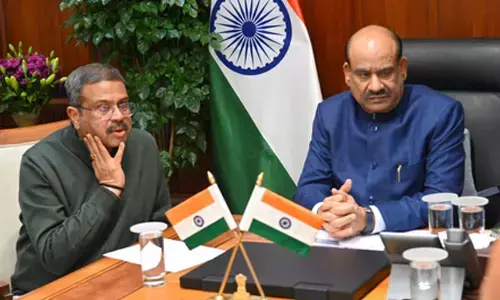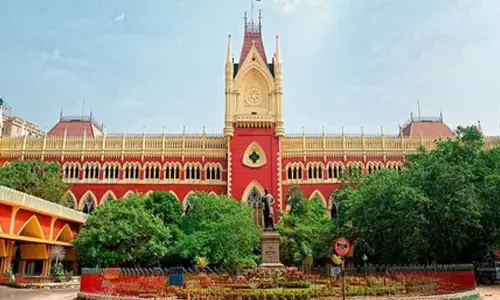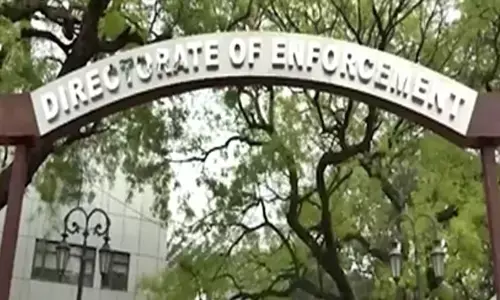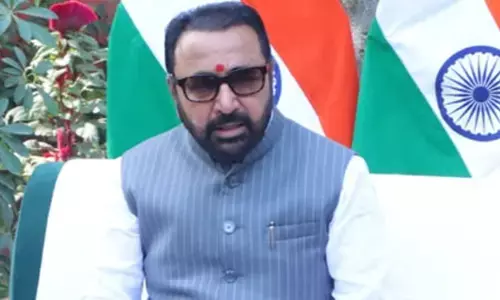How Individuals Can Contribute to Environmental Conservation Efforts and Make a Difference
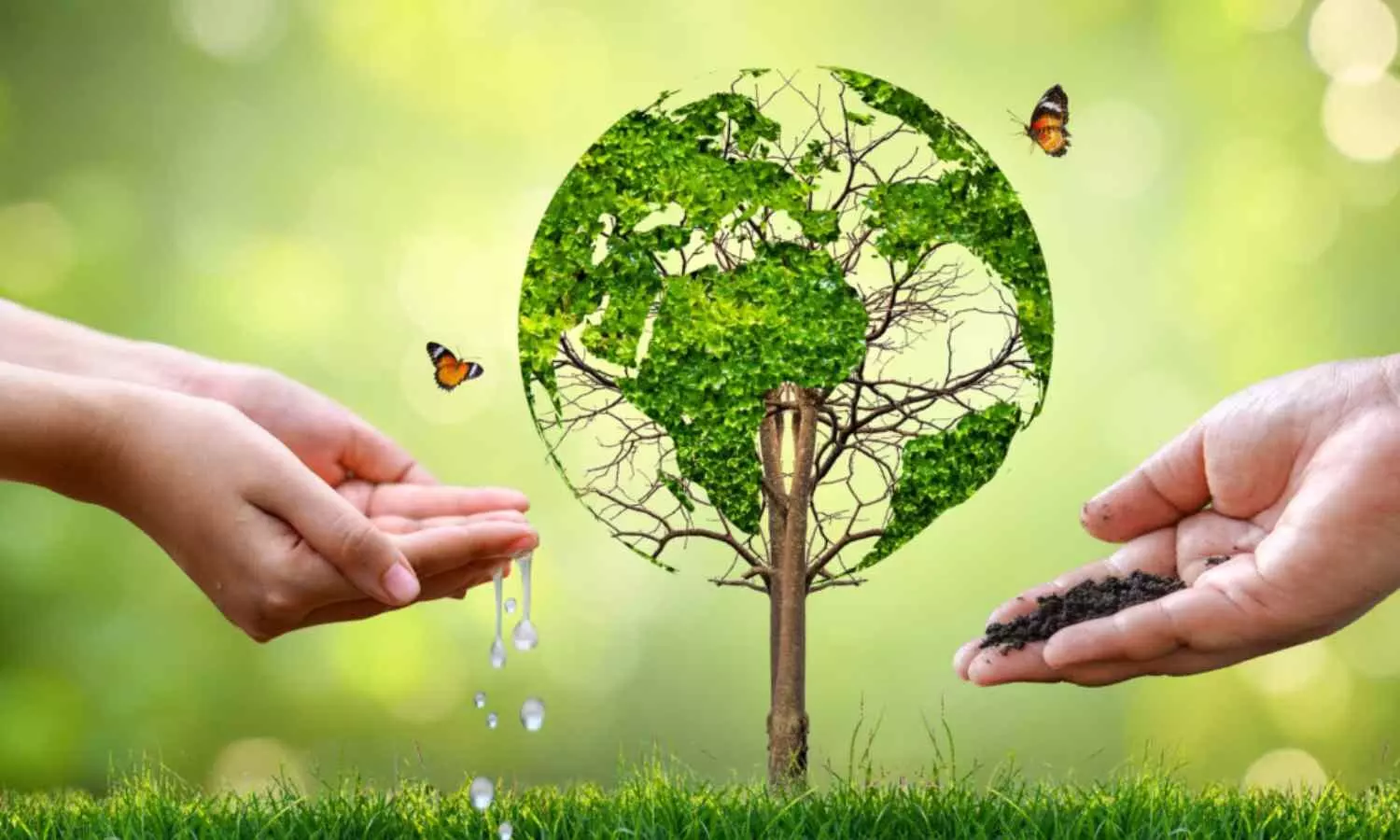
How Individuals Can Contribute to Environmental Conservation Efforts and Make a Difference
Learn easy and impactful ways to protect the environment. Learn what different actions can make a difference for both the planet and your well-being.
Protecting the environment is not only a responsibility but also a duty to our planet, ourselves, and future generations. Each of us has the ability to make a difference. We can protect our planet and create a healthier and brighter future by adopting simple steps. In this article you’ll learn about the highly effective solutions that will help you build a better world. Remember, small efforts, when multiplied, lead to meaningful change. Let’s get started with learning why environmental conservation efforts are so important.
The Importance of Environmental Conservation
Every individual contribution to conservation, no matter how small, plays a crucial role in making a difference. Here is why environmental conservation is crucial -
Biodiversity Protection
Biodiversity is essential for the balance of life on Earth. Every species plays a crucial role in ecosystems. However, when habitats are destroyed and pollution increases, many plants and animals face extinction. This loss threatens food security, access to clean water, and the stability of ecosystems. Scientists warn that without action, we will face ecosystem collapse, mass extinction, food shortages, and displacement. Conservation efforts help protect habitats and preserve biodiversity for future generations. Your personal impact on environmental conservation can make a significant difference in safeguarding biodiversity.
Contribute Towards Climate Change
Human activities, such as burning fossil fuels and deforestation, are major contributors to climate change. These actions release greenhouse gases that harm the environment and worsen global warming. Conservation and sustainability initiatives, like reforestation, using renewable energy, and responsible land management, aim to reduce these negative effects. These efforts are essential for healing the environment, which in turn benefits human health and the planet.
Ensuring Clean Air and Water
Conservation plays a major role in keeping water and air clean. Wetlands and forests act as natural filters. Wetlands clean water by absorbing pollutants before they reach our homes. Forests clean the air by absorbing carbon dioxide and releasing oxygen. This natural filtration process is vital for our health. Conservation also helps regulate water cycles, prevent soil erosion, and reduce flood risks, ensuring a stable and clean water supply.
Sustaining Agriculture and Food Security
Healthy soil is essential for farming. Conservation practices, such as crop rotation and reduced tillage, protect soil from erosion and improve fertility. These practices also make farms more resilient to droughts. Natural habitats are also crucial for pollinators like bees and butterflies, which are vital for crop pollination. By conserving water and protecting wetlands, agriculture gets a reliable water source, ensuring food production and security.
Helping Rural Communities
Natural ecosystems support rural communities by providing clean water, fertile land, and raw materials. When ecosystems are damaged, these communities suffer the most. So you must volunteer for environmental causes. Conservation ensures these resources are preserved, helping local communities thrive. Sustainable land management practices support the well-being of rural populations and recognize the vital link between healthy ecosystems and community prosperity.
How to Get Involved in Conservation
Listed below are the best ways to get involved for environmental conservation -
- Plant Trees - Planting and caring for trees helps restore habitats and improve landscapes. Many organizations need volunteers to plant trees and assist in maintaining nurseries. This is a great way to contribute if you have a passion for nature. You'll restore ecosystems and plant trees that can last for generations by protecting the environment.
- Use Public Transport or Walk/Bike- By choosing public transport, walking, or biking over driving, you reduce your carbon footprint and get healthier. This simple switch not only helps the environment but also boosts your well-being. It’s rewarding to know that your choices are making a positive impact on both your health and the planet.
- Volunteer at an Animal Shelter - Volunteering at an animal shelter can involve more than just walking dogs. You might help with office tasks, clean cages, assist in veterinary work, or organize events. Shelters often seek regular volunteers who can commit to consistent weekly shifts for community conservation programs. While no special qualifications are needed, you'll need to be prepared to get hands-on and help with animals in need.
- Save Electricity and Use Energy-Efficient Lighting - Cut down on energy consumption by turning off lights and unplugging electronics when not in use. Switch to energy-efficient light bulbs, which consume less energy and last longer than standard ones. This small change can make a big difference for the environment.
- Keep Waterways Clean - Waterways are crucial for life, but they face many threats from pollution. You can help by volunteering to monitor local waterways or supporting campaigns that protect oceans from pollution and overfishing. There are many ways to contribute and keep our water clean and safe for future generations.
- Avoid Single-Use Plastics - Single-use plastics, like bags and bottles, contribute greatly to pollution. Switch to reusable options like shopping bags, water bottles, and utensils. This small habit reduces plastic waste and helps protect oceans and landfills. Knowing you are part of the sustainable living and conservation efforts can be a rewarding feeling.
Conclusion
Protecting the environment is a shared responsibility that we all play a part in. Simple actions, like using public transport, planting trees, reducing meat consumption, avoiding single-use plastics, and conserving water, not only benefit the planet but also enhance your personal well-being. By making eco-friendly choices and educating others, especially children, you contribute to a healthier future for all. Each small step you take brings a sense of accomplishment, knowing you are doing your part to safeguard the Earth for generations to come.



